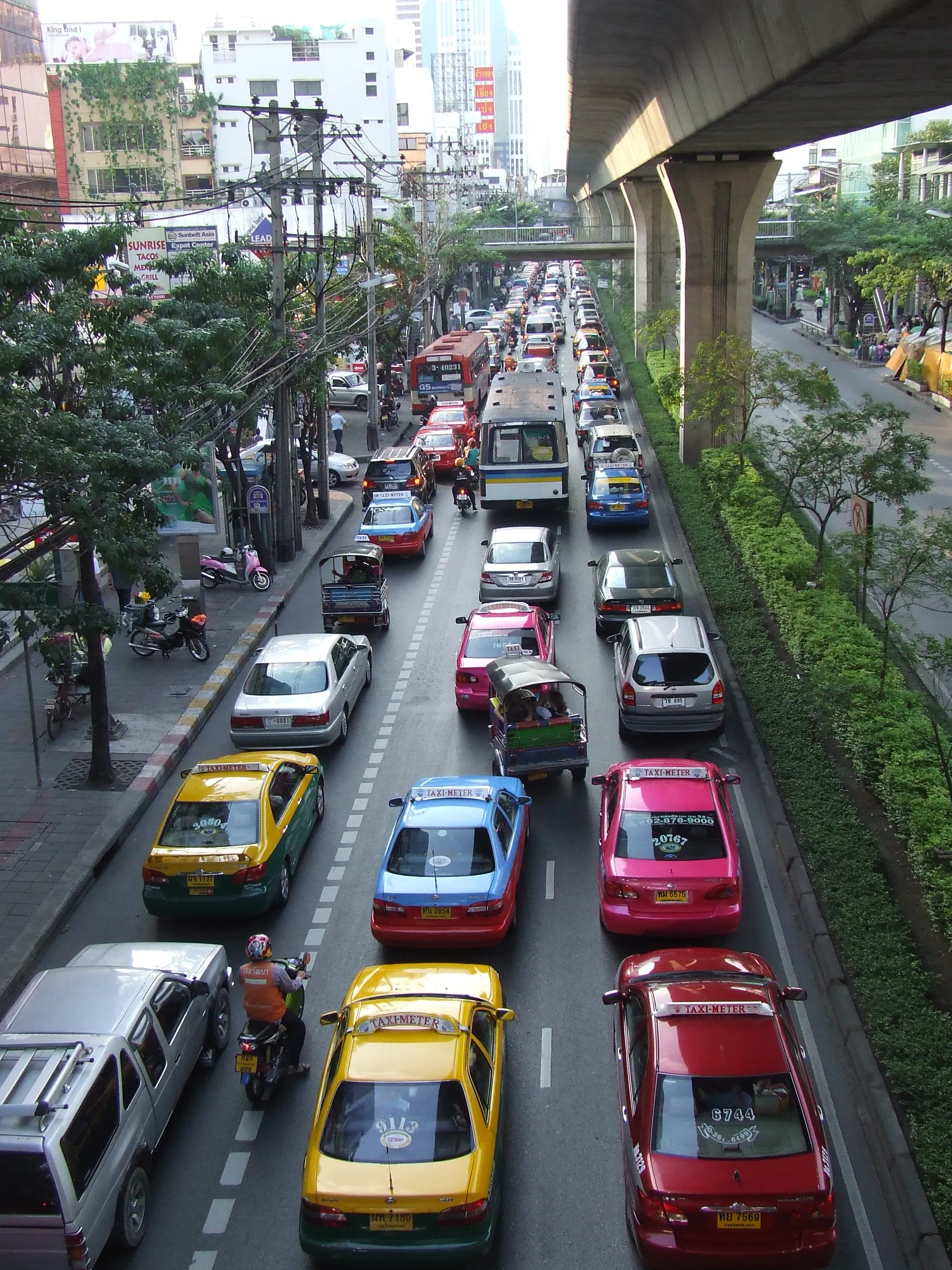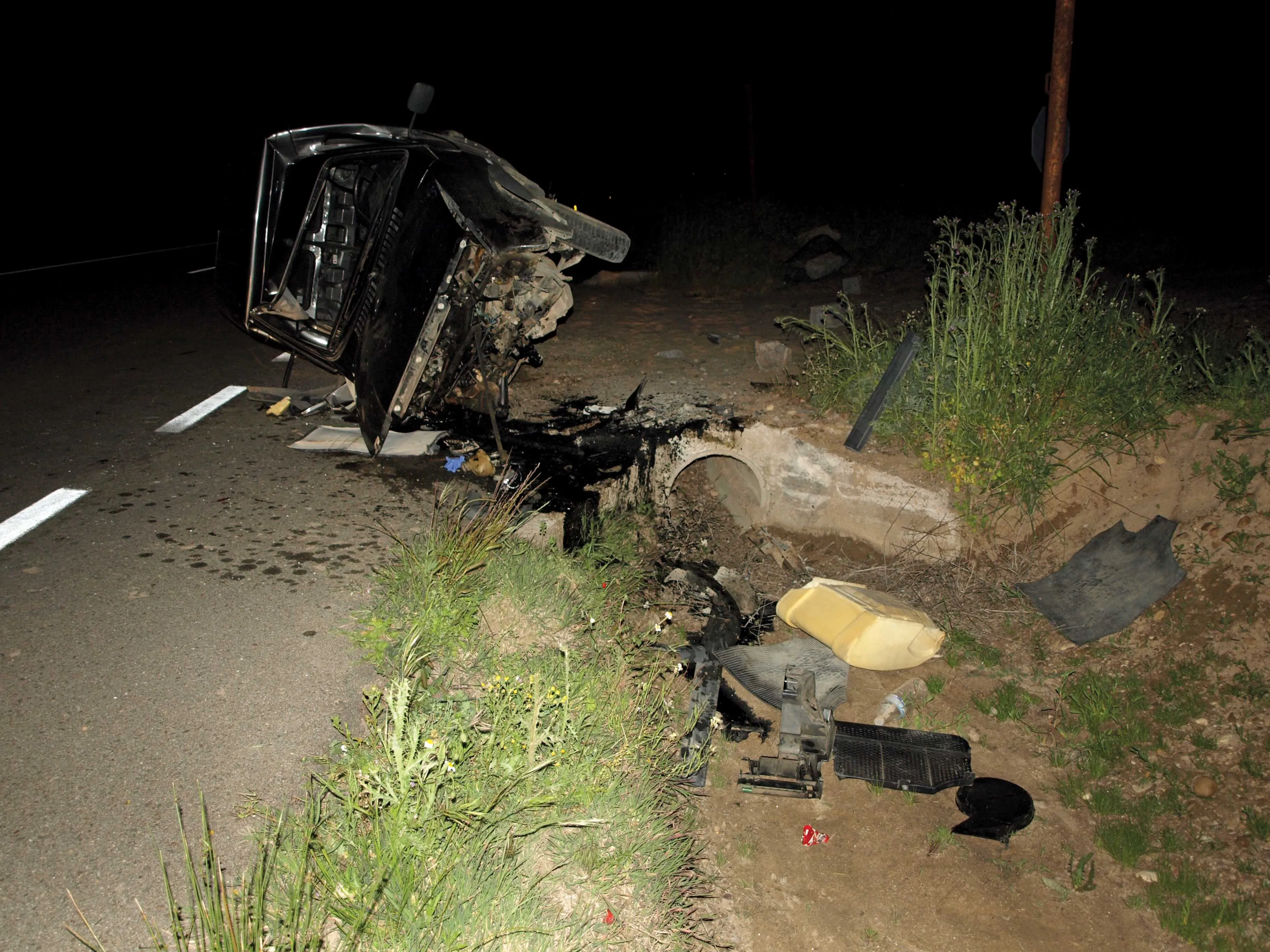Thailand has a serious problem with regard to road safety, which needs to be addressed. This is leading to a high number of deaths and serious injuries, with a draining effect on the country’s economy as well as carrying a social impact. The 2015 Global Status Report on Road Safety published by the World Health Organisation (WHO) shows that Thailand has the second-highest road-fatality figures globally. There were 14,059 people killed in road crashes in Thailand in 2012, with the country having a death rate
October 23, 2015
Read time: 2 mins

Thailand has a serious problem with regard to road safety, which needs to be addressed. This is leading to a high number of deaths and serious injuries, with a draining effect on the country’s economy as well as carrying a social impact. The 2015 Global Status Report on Road Safety published by the World Health Organisation (WHO) shows that Thailand has the second-highest road-fatality figures globally. There were 14,059 people killed in road crashes in Thailand in 2012, with the country having a death rate of 36.2 people/100,000. Only Libya had a higher rate of fatalities in road crashes at 74/100,000.
Thailand's high road-fatality rate is a direct result of the country’s poor enforcement of existing laws and its lack of adequate safety standards. Around 26% of the road deaths are directly attributable to drink driving. The WHO report also suggested that the actual death rate may well be higher than the figures provided by Thailand’s Public Health Ministry. Many road deaths in Thailand go unreported. The WHO report estimates that around 24,237 people actually lost their lives in road crashes in Thailand in 2012, which is 42% higher than the Ministry's figure. Globally, the WHO said that 1.25 million people die in road accidents annually, with 90% of these deaths taking place in low and middle income nations. Pedestrians account for 22% of the deaths, cyclists 4% and motorcyclists 23%.
Thailand's high road-fatality rate is a direct result of the country’s poor enforcement of existing laws and its lack of adequate safety standards. Around 26% of the road deaths are directly attributable to drink driving. The WHO report also suggested that the actual death rate may well be higher than the figures provided by Thailand’s Public Health Ministry. Many road deaths in Thailand go unreported. The WHO report estimates that around 24,237 people actually lost their lives in road crashes in Thailand in 2012, which is 42% higher than the Ministry's figure. Globally, the WHO said that 1.25 million people die in road accidents annually, with 90% of these deaths taking place in low and middle income nations. Pedestrians account for 22% of the deaths, cyclists 4% and motorcyclists 23%.








